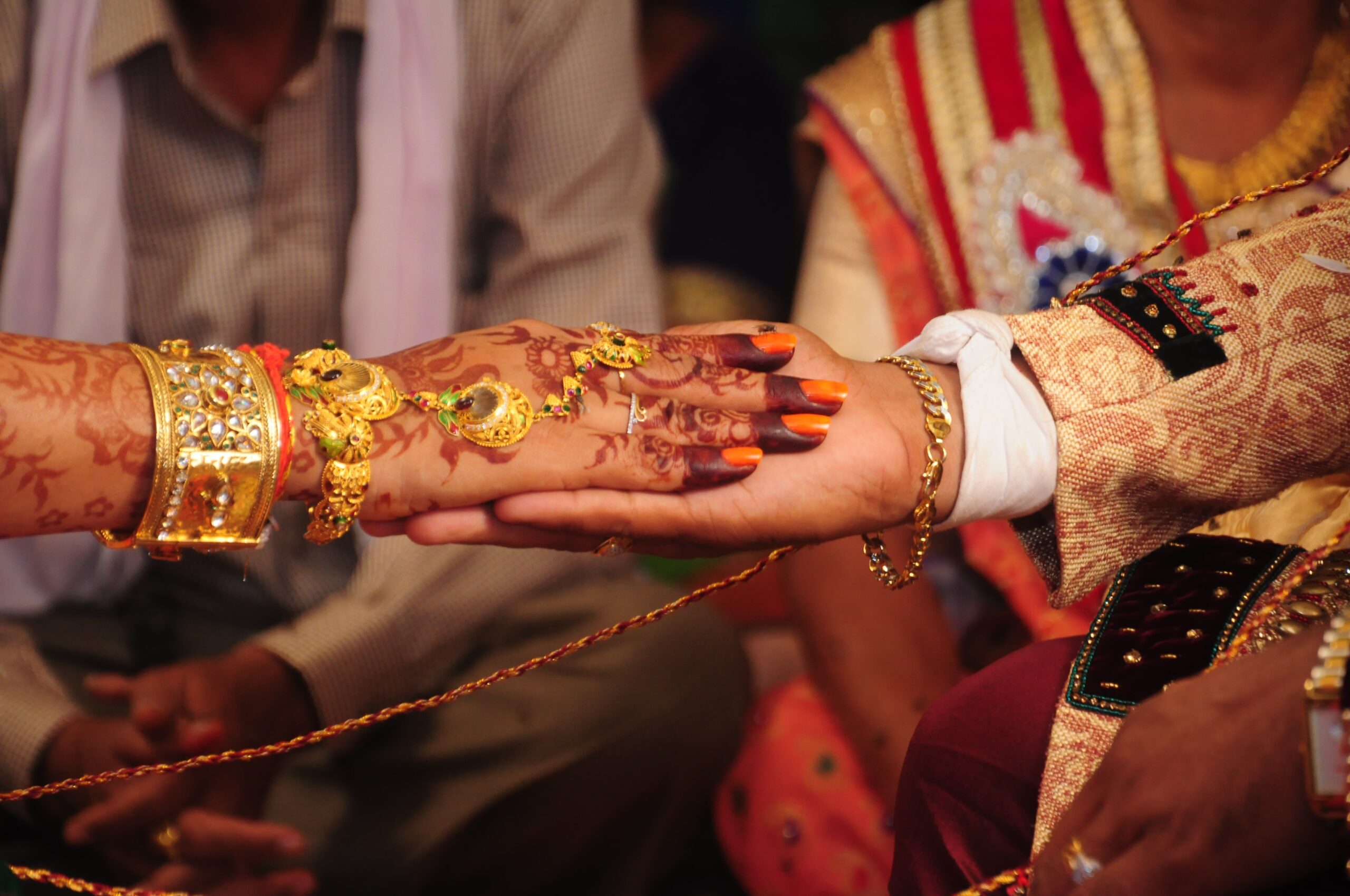The Kamma community is one of the most prominent and influential communities in the southern Indian states of Andhra Pradesh and Telangana. The community is known for its rich history, culture, and tradition, and has played a significant role in the political, social, and economic development of the region. In this section, we will discuss the origin of the Kamma community and its historical evolution.
The etymology of the word Kamma
The origin of word ‘Kamma’ is derived from the Sanskrit word ‘Kshatriya’, which means a warrior. It is believed that the Kshatriya caste in ancient India was divided into many sub-castes based on their occupation and region. The Kamma community is believed to be one such sub-caste of the Kshatriya caste.
Theories about the origin of the Kamma community
There are several theories about the origin of the Kamma community. One theory suggests that the Kamma community is descended from the ancient Kshatriya dynasty of Ikshvaku, which ruled over parts of present-day Andhra Pradesh and Telangana. Another theory suggests that the Kammas are of Dravidian origin, who migrated from southern India to Andhra Pradesh and Telangana.
The early history of the Kamma community
The early history of the Kamma community is shrouded in mystery, and there is limited historical evidence to support the various theories about its origin. However, it is believed that the Kammas played an important role in the medieval period as landlords and warriors.
The Kammas during the Vijayanagara Empire
During the Vijayanagara Empire, which ruled over parts of southern India from the 14th to 16th centuries, the Kammas were known for their military prowess and administrative skills. Many Kammas served as commanders in the Vijayanagara army and held important administrative positions in the empire.
The Kammas during the Kakatiya Dynasty
During the Kakatiya Dynasty, which ruled over parts of present-day Andhra Pradesh and Telangana from the 12th to 14th centuries, the Kammas were prominent landowners and administrators. Many Kammas were appointed as revenue officials and were responsible for collecting taxes and maintaining law and order.
The Kammas during the British rule
During the British rule in India, the Kammas were involved in various nationalist movements and played an active role in the Indian independence struggle. Many Kammas held prominent positions in the government and business sectors and were known for their entrepreneurship and philanthropy.
The Kammas in modern times
In modern times, the Kammas continue to be influential in the politics, business, and culture of Andhra Pradesh and Telangana. Many Kammas have made significant contributions to the state’s economy and have played a major role in the development of the region.
In conclusion, the origin of the Kamma community is a complex and fascinating subject, with various theories and historical evidence supporting its evolution over time. Despite the limited historical evidence, the Kammas have left a lasting impact on the social, cultural, and political landscape of southern India.





One thought on “The Origin of Kamma Community”